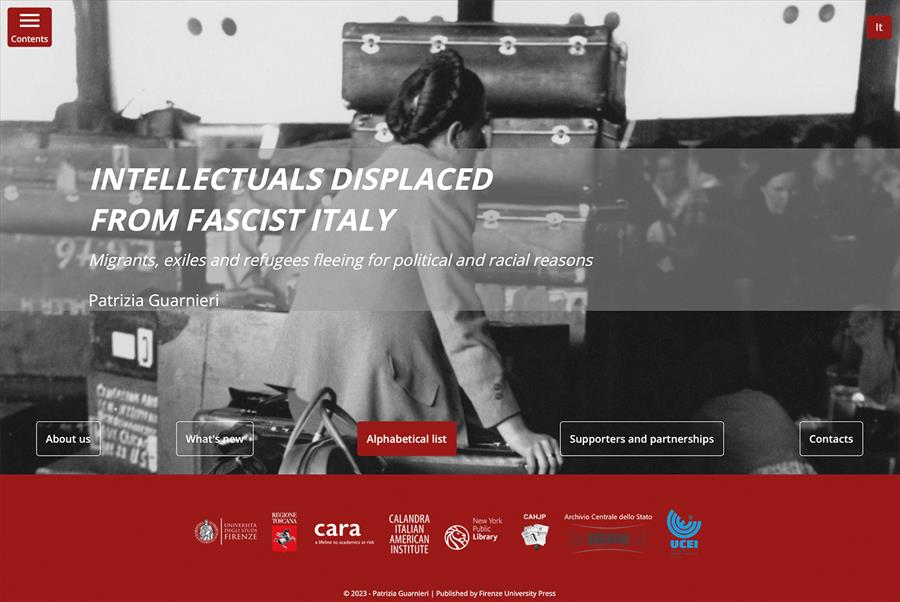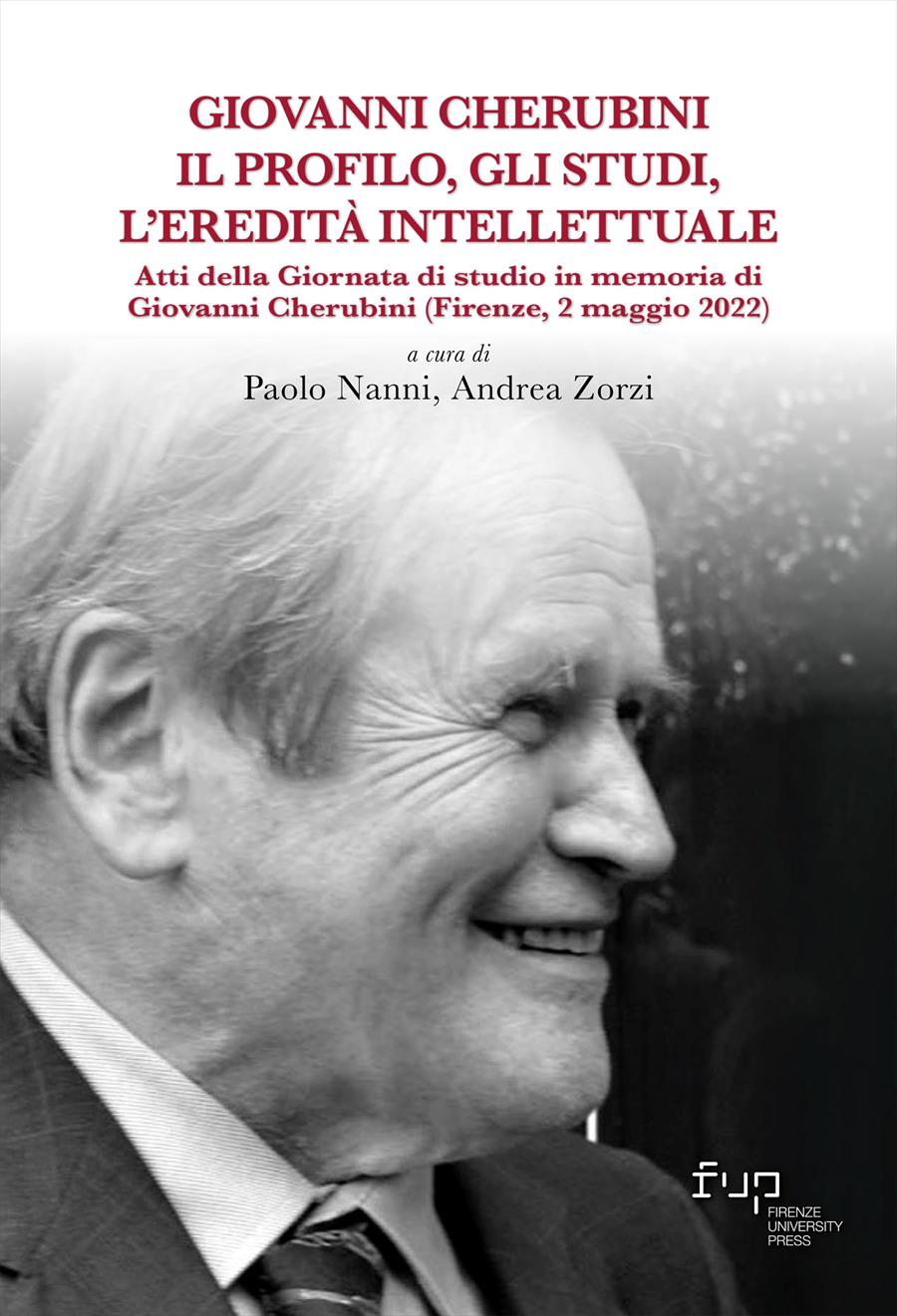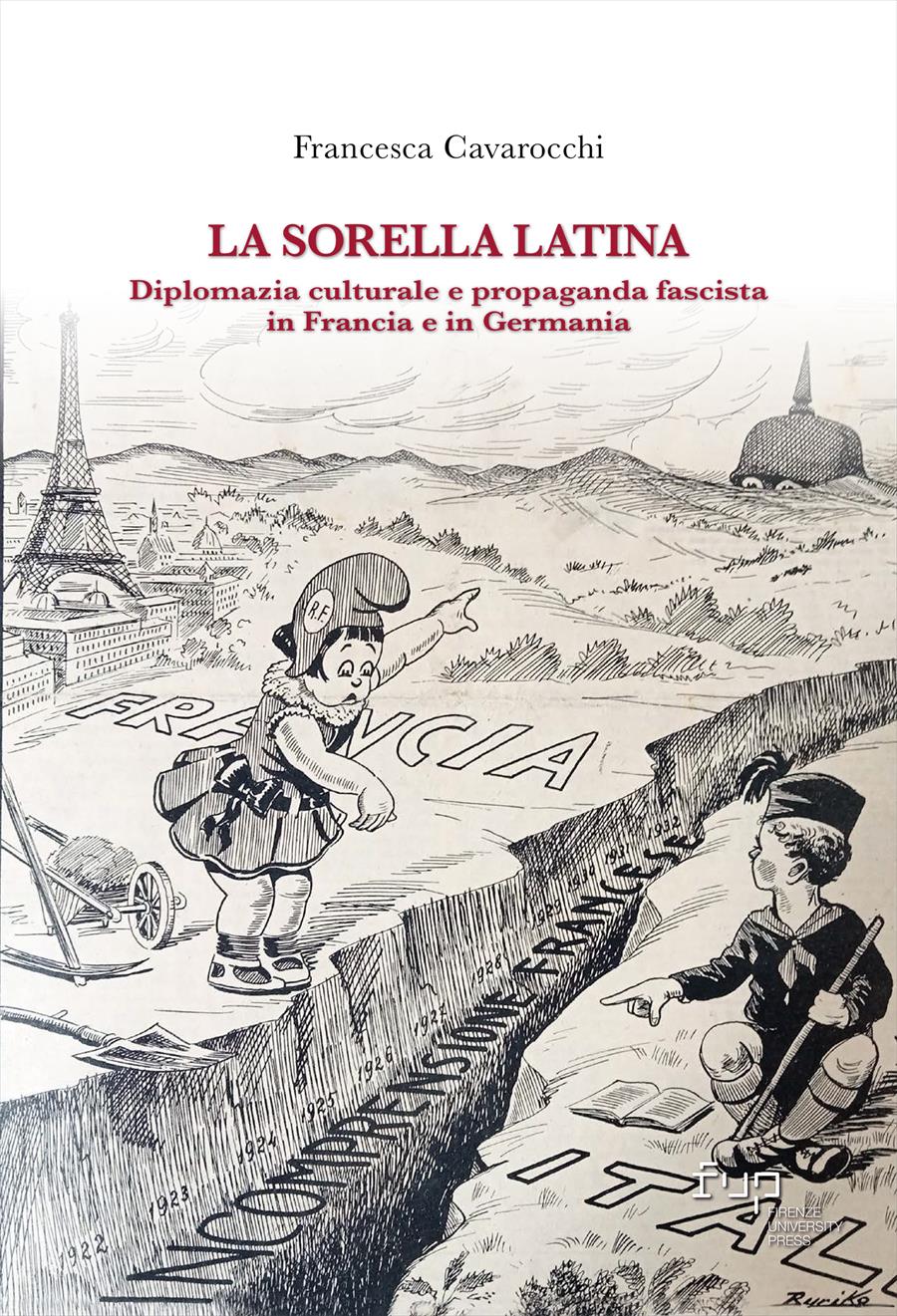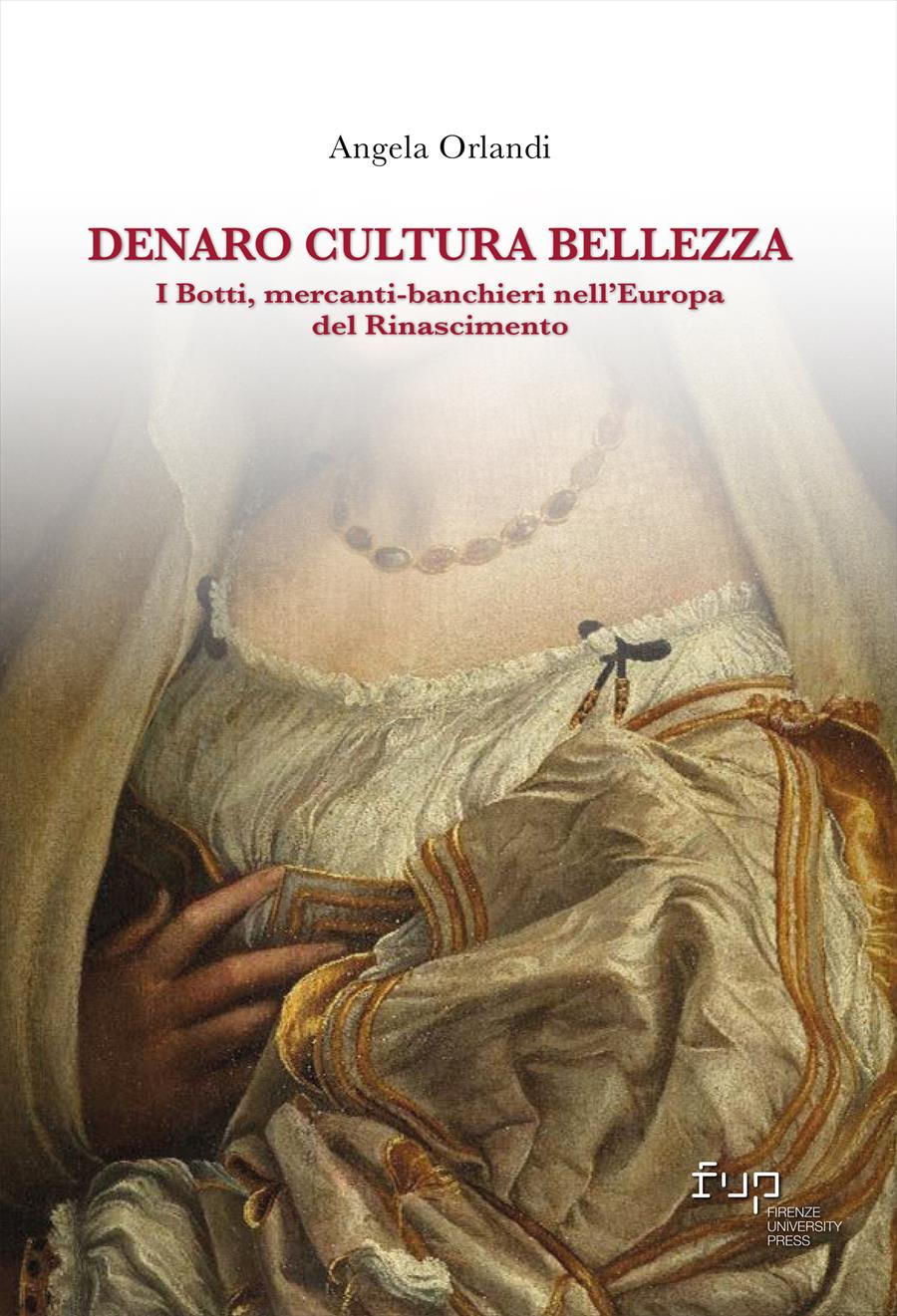Intellectuals Displaced from Fascist Italy
Migrants, Exiles and Refugees Fleeing for Political and Racial Reasons - 2nd edition, revised and enlarged (1st ed. 2019-22)
- Patrizia Guarnieri,
Intellectuals Displaced from Fascist Italy is a bilingual (IT/ EN), free access and in progress website that draws attention to the migration of intellectuals during Fascism. Italy is usually considered a land of poor and uneducated migrants. But during the twenty years of Fascism, especially after the anti-Jewish laws but even before, professionals, students and scholars, including foreigners, expatriated alone or with families for political and racial reasons to the Americas, England, Mandatory Palestine, Switzerland. It is a limited but important phenomenon of brain drain, which in the case of Italy has yet to be investigated. Who were the people who decided to leave in search of freedom, work, and then salvation, and what did they do? Their names and stories were cancelled. This work attempts to reconstruct their lives thanks to foreign archives, letters, scattered memories and hundreds of photos. What difficulties did they face in their host countries? How many of them returned? The stories speak of devastating losses to the detriment of the country, of responsibilities and injustices, but also of resources and talents of Italian culture, of commitment and determination. This 2nd edition contains some new features, improves consultation with research functions and, as regards content, it enhances family mobility from a generational and gender perspective.
The project was promoted by the University of Florence and has been supported by the Regione Toscana and by various institutes, with the sponsorship of the New York Public Library; Council for At-Risk Academics, London; J. Calandra Italian American Institute, CUNY; The Central Archives for the History of Jewish People, Jerusalem, UCEI and others.
- Keywords:
- displaced scholars,
- Fascism,
- intellectual migration,
- Jews,
- Gender,
- DOI: 10.36253/979-12-215-0032-5
- Series: Biblioteca di storia
- Scientific Board: Consiglio Editoriale FUP 2021-2024
- Language: English
- Subjects: Contemporary History
- View the website
- © 2023 Patrizia Guarnieri
- CC BY-NC-ND 4.0
University of Florence, Italy - ORCID: 0000-0002-6464-5591
- Publication Year: 2023
- eISBN: 979-12-215-0032-5
- Content License: CC BY-NC-ND 4.0
- © 2023 Patrizia Guarnieri
- Publication Year: 2023
- eISBN: 979-12-215-0056-1
- Content License: CC BY-NC-ND 4.0
- © 2023 Patrizia Guarnieri
Bibliographic Information
Book Title
Intellectuals Displaced from Fascist Italy
Book Subtitle
Migrants, Exiles and Refugees Fleeing for Political and Racial Reasons - 2nd edition, revised and enlarged (1st ed. 2019-22)
Authors
Patrizia Guarnieri
Peer Reviewed
Publication Year
2023
Copyright Information
© 2023 Patrizia Guarnieri
Content License
Metadata License
Publisher Name
Firenze University Press
DOI
10.36253/979-12-215-0032-5
eISBN (web)
979-12-215-0032-5
eISBN (xml)
979-12-215-0056-1
Series Title
Biblioteca di storia
Series ISSN
2464-9007
Series E-ISSN
2704-5986






